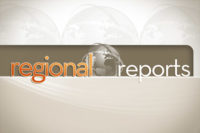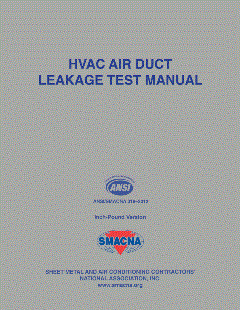DULUTH, Minn. — A $700,000 grant from the U.S. Department of Energy (DOE) will fund the design of a geothermal district that, using waste heat from a regional sewer system, could one day heat buildings in a neighborhood here.
The award was announced during a press conference attended by Mayor Emily Larson, sustainability officer Mindy Granley, and representatives from community partners Ever-Green Energy, Ecolibrium 3, and the Western Lake Superior Sanitary District (WLSSD). Duluth is one of 11 communities in 10 states that were selected to design, with DOE financial support, geothermal district heating and cooling systems.
“This extremely exciting opportunity to analyze and design a district geothermal and heat recovery possibility — one that hasn’t been designed in the US before — comes to us with a ton of potential to further reduce operating emissions and introduce more strategies to decarbonize many of the buildings in the district,” said Larson. “This community collaboration, led by city staff, really shows the community momentum behind finding new clean energy solutions.”
In the first phase of this effort, the Duluth coalition will design its system, finalize project sites and use, assess the energy resource, analyze environmental and permitting needs, conduct feasibility analysis and local engagement, and identify workforce and training needs. Based on first-phase outcomes, the DOE’s Geothermal Technologies Office will select a subset of the 11 projects to advance to the second phase for the construction of geothermal systems.
In addition to helping communities implement community geothermal heating and cooling systems, the initiative will provide data and case studies that will help other communities nationwide consider such systems to support local energy needs.
The proposed geothermal system in Duluth would use waste heat from the WLSSD effluent to cover 100% of the heating load for a new district energy system in the Lincoln Park neighborhood, which is on Lake Superior. “Project collaboration partners include a wide range of key community organizations and technical experts working across sectors, including the city’s sustainability office, public works and utilities, workforce development, Ecolibrium3, Ever-Green Energy, WLSSD, and the Center for Occupational Research and Design,” said Granley.
Ever-Green Energy, a utility and energy advisor, will be partnering with the city to provide technical analysis and design work throughout the project.
“For 10 years, Ever-Green Energy has partnered with the city and the Duluth community to advance their energy systems. We are thrilled to be doing so once again,” said Ken Smith, CEO of Ever-Green. “The innovative geothermal project envisioned for Lincoln Park has the potential to be truly transformative for residents and businesses, while also serving as a model for other communities. Utilizing heat pumps to recover wasted thermal energy for use in buildings has enormous potential to jump-start community decarbonization efforts.”
The project will be co-led by Ecolibrium 3, a nonprofit that takes on sustainability projects.
“Ensuring that this type of project meets the needs of neighborhood residents and businesses is key to its success, said Ecolibrium 3 Founder and CEO Jodi Slick. “If this project is successful, it would not only provide economic and environmental benefits for Lincoln Park, but has the potential to support the district water loops in downtown and Canal Park.”







